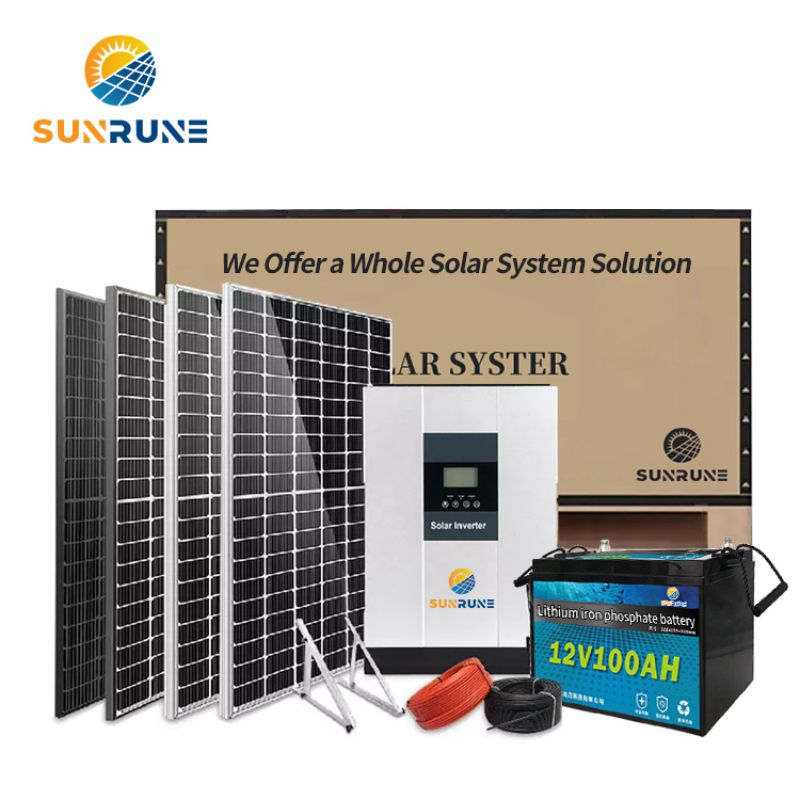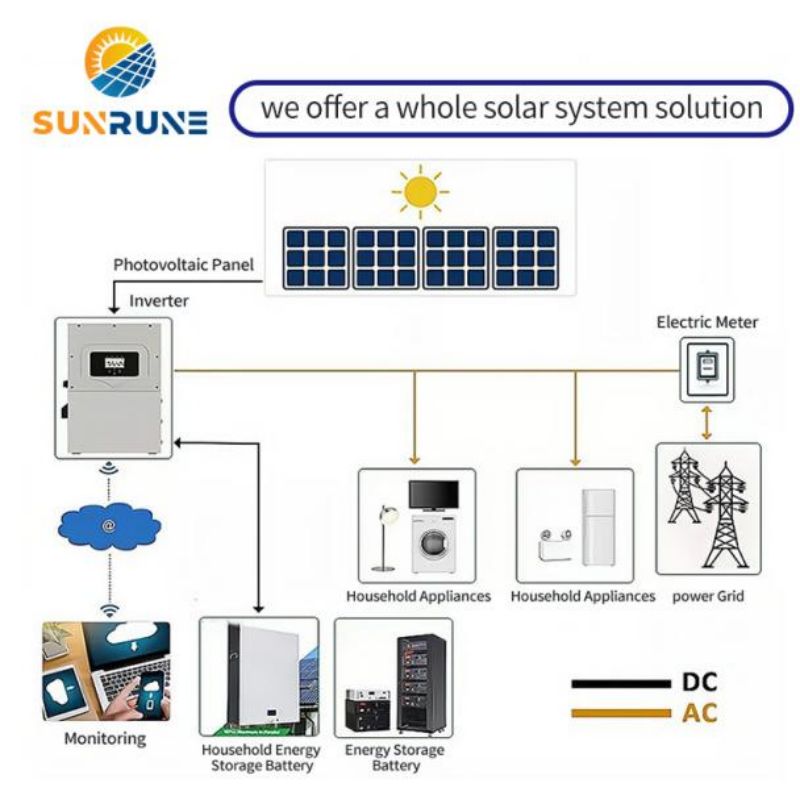
Energy storage is becoming an increasingly important aspect of the modern power grid. As renewable energy sources such as solar and wind power become increasingly popular, the need for efficient energy storage solutions becomes urgent. One of the key components of an energy storage system is the power conversion system (PCS), also known as an energy storage converter. This article will discuss what an energy storage converter is, what it does, and how it contributes to the overall energy storage infrastructure.
A power converter for storage (PCS) is a device that facilitates the efficient flow of energy between different sources and loads in an energy storage system. It helps manage the transfer of energy from the grid or renewable energy sources to energy storage units and vice versa. The PCS is responsible for converting and conditioning energy to meet the storage system's requirements, ensuring maximum efficiency and reliability.
The main function of an energy storage converter is to convert direct current (DC) to alternating current (AC) and vice versa, depending on the needs of the system. Many renewable energy sources, such as solar panels and wind turbines, produce direct current electricity that needs to be converted to alternating current for use in our homes and businesses. Energy storage converters play a vital role in this conversion process, providing the necessary power quality and ensuring seamless integration into the grid.
In addition, the PCS also acts as a control system for the energy storage unit. It monitors and manages energy flow, facilitating the charging and discharging of batteries or storage media. The converter ensures that the stored energy is released when needed and excess energy from renewable energy sources is efficiently stored for later use. This control capability helps balance power supply and demand, contributing to the overall stability and reliability of the grid.

Energy storage converters are equipped with advanced technologies and features to optimize their performance. They contain various power electronic components such as semiconductor switches, capacitors and inductors that enable the conversion and regulation of energy. Modern PCS systems also include intelligent control algorithms and communication protocols for seamless integration and management of energy storage systems.
In addition to playing an important role in energy conversion and control, energy storage converters help improve the overall energy efficiency and sustainability of the grid. By enabling efficient energy storage and management, they help reduce reliance on traditional fossil fuel power plants, allowing for smoother integration of renewable energy. This promotes a more environmentally friendly and sustainable energy infrastructure, reduces greenhouse gas emissions and combats climate change.
In short, the energy storage converter (PCS) is a key component in the energy storage system. It plays a key role in converting and regulating energy, managing the flow between different sources and loads, and ensuring efficient operation of storage units. By facilitating energy storage and management, PCS helps build a more sustainable and reliable grid, supporting the integration of renewable energy sources. As demand for energy storage continues to grow, the importance of energy storage converters will only increase, driving innovation and advancement in this critical technology.
Post time: Oct-20-2023